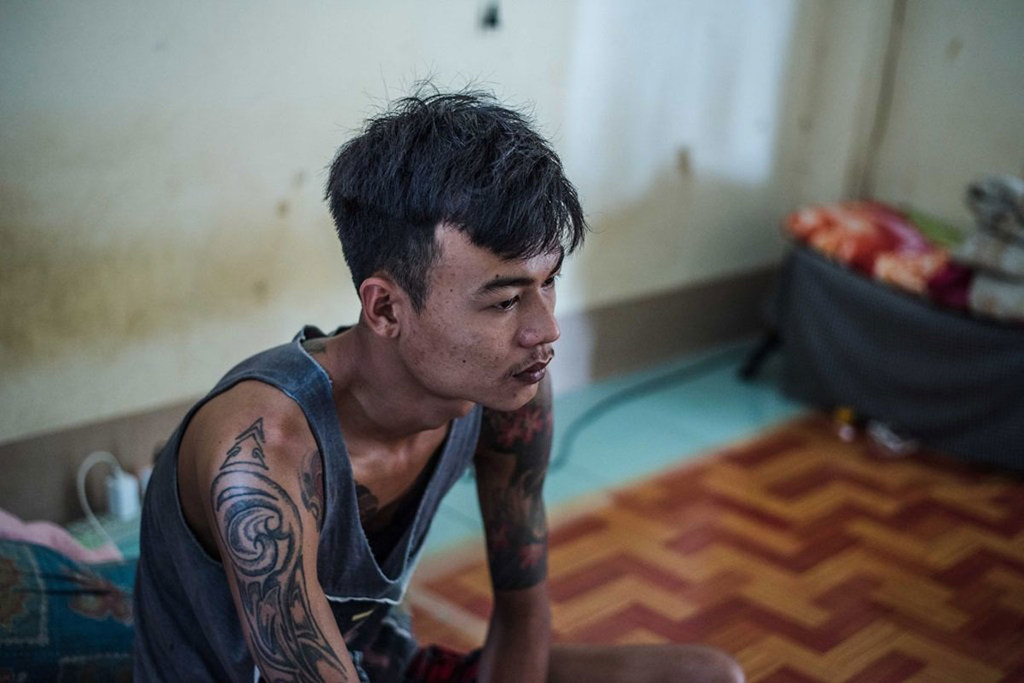Although the subject of mental health has been raised in previous years, it will obtain major invoicing during the event, which will also cover the prevention and control of other non -transmitted diseases (MNT), such as cardiovascular disease, cancer, diabetes and chronic respiratory diseases. MNTs remain the main causes of death and disability in the world. They are closely linked: for many people, physical and mental conditions overlap, demanding integrated care approaches.
The scale of the challenge
“This is the first time that we can report more than a billion people have a state of mental health,” said Dr. Devora Kestel, director interim From non -transmitted and mental health / NMH diseases to the World Health Organization (WHO). “Only nine percent of people with depression, the most common mental illness, receive support. Only 40% of people with psychosis receive help.
Even when the services exist, they are often inaccessible due to costs, distance or lack of integration with other health support. Stigmatization is also an important factor dissuading those who live with the mental health of the search for help.
UNICEF provides women in Sierra Leone mental health advice and psychosocial support.
The political declaration which must be adopted at the meeting also aims to encourage knowledge sharing and the widening of funding. “Member States have decided to highlight certain questions which are common to all non -transmitted diseases, but some which are very specific to mental health, such as the mental health of children and young people, prevention of suicide and efforts to develop services at the community level,” noted Dr. Kestel.
Clear links between mental and physical illnesses
The propagation of MNTs is largely driven by five main risk factors: tobacco consumption, harmful alcohol consumption, insufficient physical activity, unhealthy diet and air pollution. Access limited to diagnosis, treatment and care services also contributes significantly.
Risk factors between mental illnesses and physical diseases overlap significantly, according to Dr. Kestel. “The promotion of lifestyle interventions that encourage physical activity or healthy diet, or tobacco and alcohol, are valid for both types of diseases.
Now, she said, it’s time for politicians to act. “We have heard a lot about the importance of mental health in recent years. We need commitment. We need leaders understand that there are problems, processes, mechanisms that can be put in place to guarantee that there will be access to mental health care, from the promotion of healthy lifestyle to a person and care -centered approach with a clear role for people with living experience. “

Migrants and refugees can be exposed to various stress factors that affect their mental health and well-being.
The next high -level meeting of the United Nations is an opportunity to firmly put mental health and MNT on the world’s agenda. The declaration will not be, as Dr. Kestel itself noted, a “magic document”, but it can establish a new course, unite countries and demonstrate that accessible and equitable mental health care is possible in all corners of the world.




